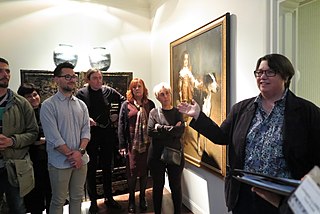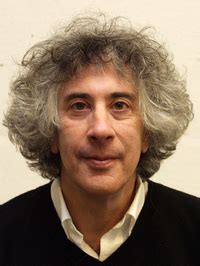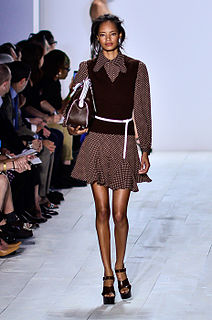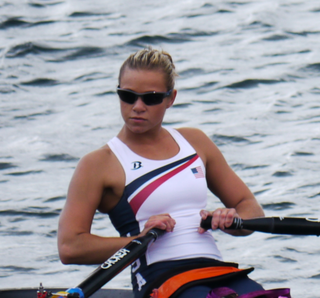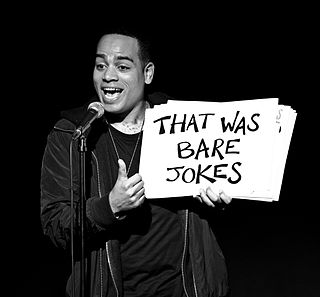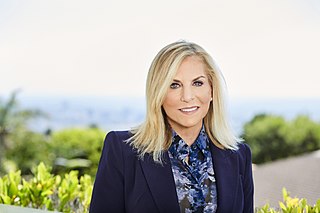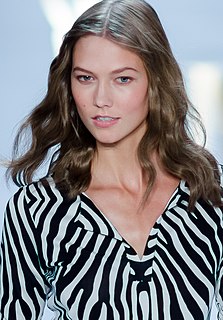A Quote by Andy Goldsworthy
The main reason I went to digital was because I got time-lapse, video, and still images all in one camera. Having a minimal amount of gear is really important for someone who wants to walk around. That allowed me to have this flexibility to document things in different ways.
Related Quotes
Look, I really do not care about you. What I care about is the worlds that you bear witness to. You are nothing more than a dog with a video camera strapped on its back. As you walk the streets looking for a place to mate or piss or eat, the camera is on and we will see the world because of you... You carry the camera and we enjoy the world. (On images as autobiography)
When I first asked to take pictures of women at their homes, I was using my formal camera and I struggled to get the shots because I was still very much in the role of the photographer. Then the next time I had this little digital camera and their response to me would be completely different - I was a friend and I got new kinds of pictures. I was always treading a line between photographer and friend.
For the camera, I like the feeling of changing into different characters. Even though I'm not acting, I still have to be someone different to show the product. If I'm not being someone different, I won't find it fun. I love the shows because it transforms you into a different person. Not Malaika - it makes me someone else. Naturally, I'm quiet and crazy. But when they give me an outfit, like a very elegant outfit, it transforms me into this beautiful woman - I can feel it inside me. I like that, playing different characters. I'm really interested in acting.
The advertising marketplace is moving rapidly into digital videos. We know that by 2018 it is estimated that it will be a $12.2 billion business. We've been seeing the agencies combine their digital video spend with television spend and put it under one spend and just calling it "video." The pool of money is becoming much bigger. The comparisons between television and digital video are being made much more often because you can account for who's watching, you can't fast-forward through the commercials. There's a much more intimate relationship with someone watching digital video.
I love the beautiful distractions of the world - television and movies, video games, the Internet in general. But I try really hard to avoid them, because they don't help me become a better writer. They subtract hours from my day. And a writer's main currency is time. Time to daydream, time to walk and think, time to sit and do the work.
For me, I don't really feel like I have any particular main influences or artists that I pull from; it's more of an underlying effect of such a big range of music that I love and I identify with - and all of that plays into what I do in minimal ways. I just really try to make music that reflects my identify, which is hard to pin down and is a lot of different things. I strive to make music that is hard to describe and meshes a lot of different genres, with the vocals being the thing that ties it all together.

